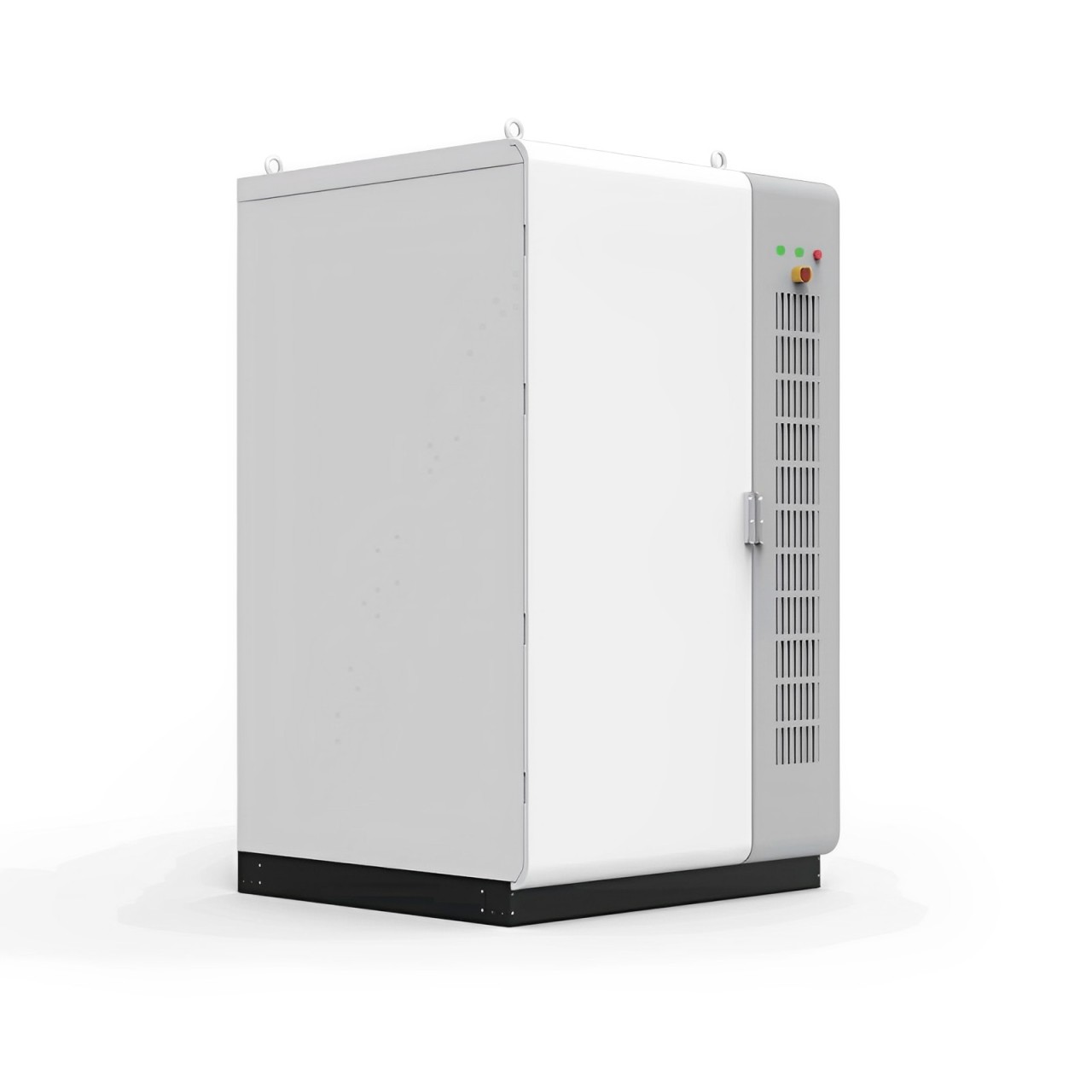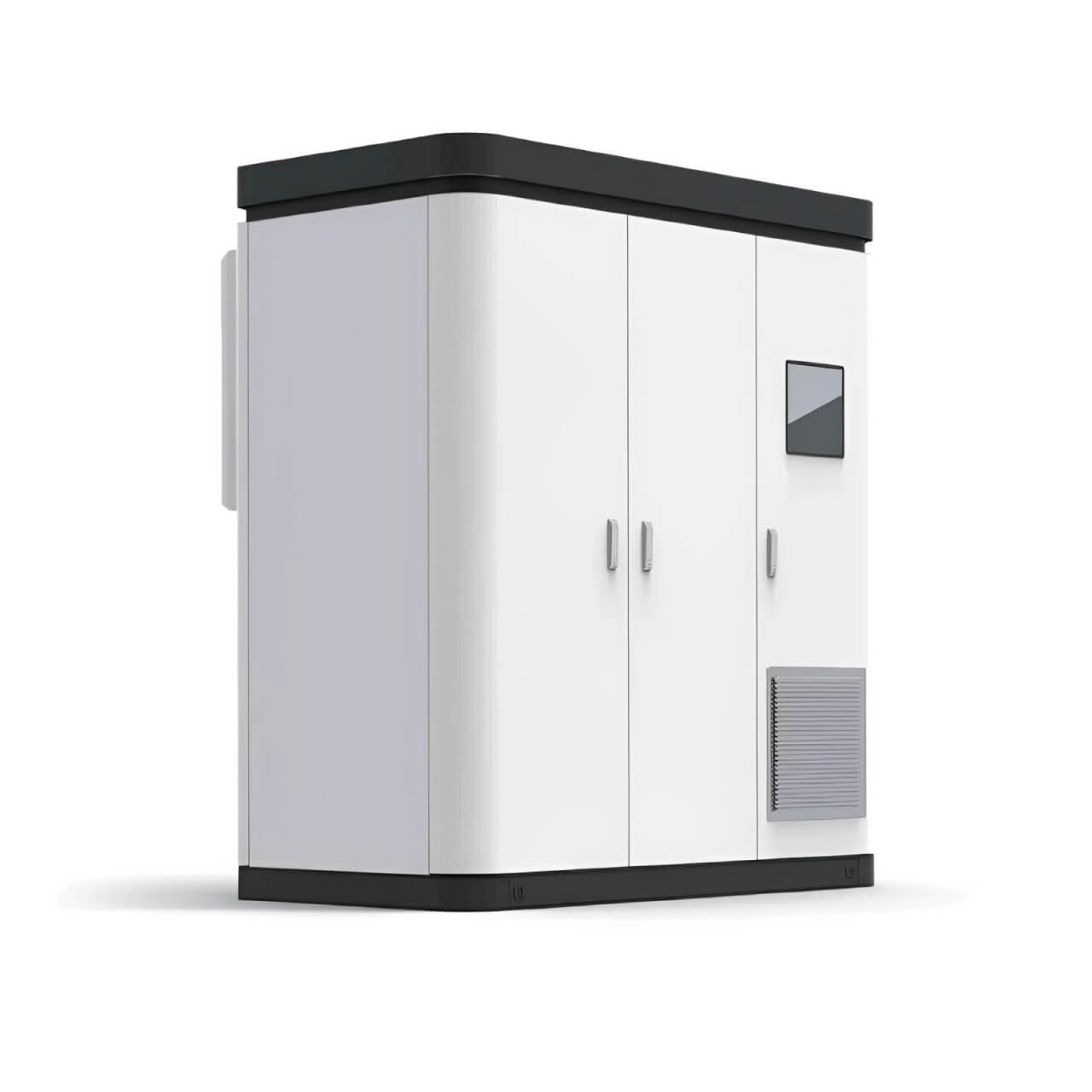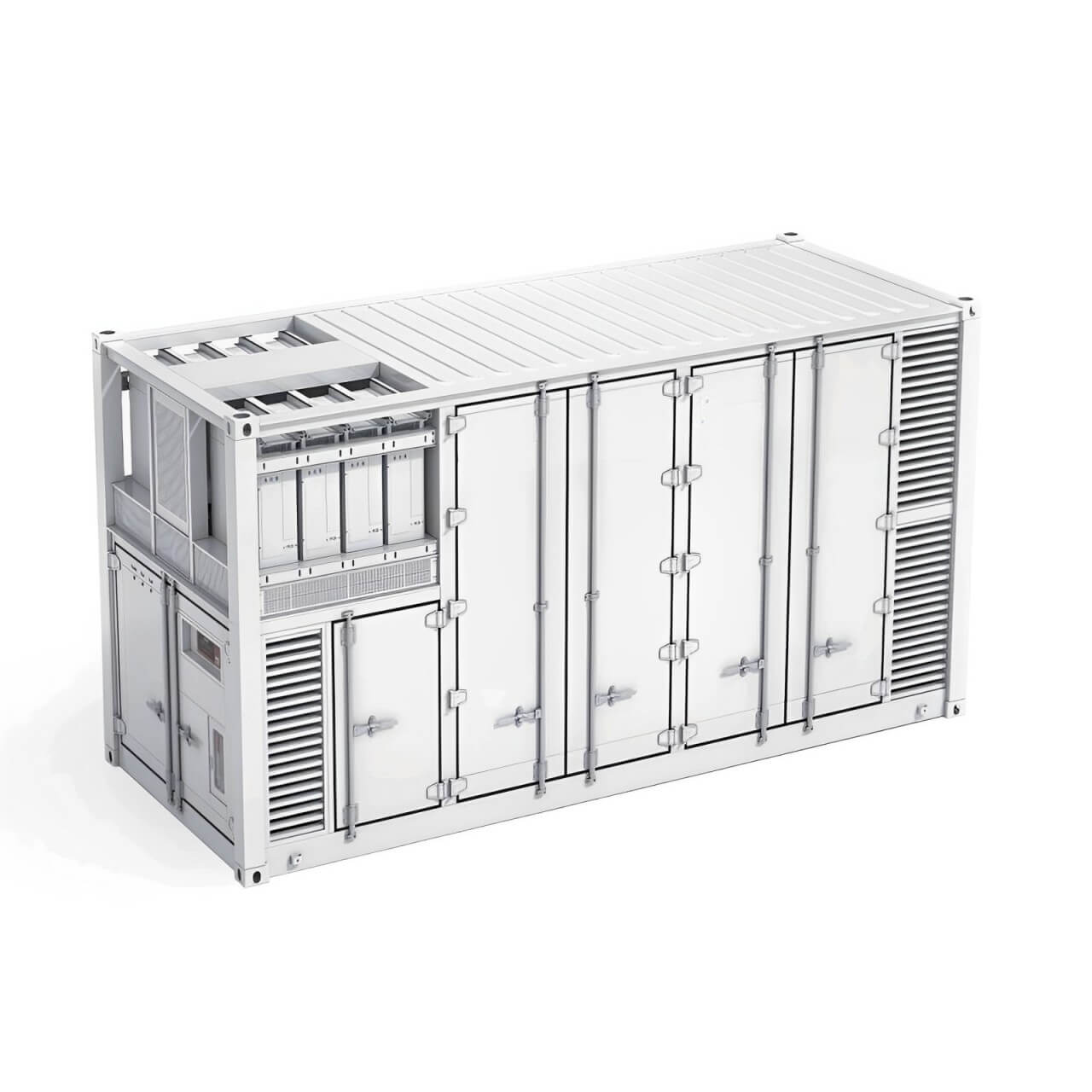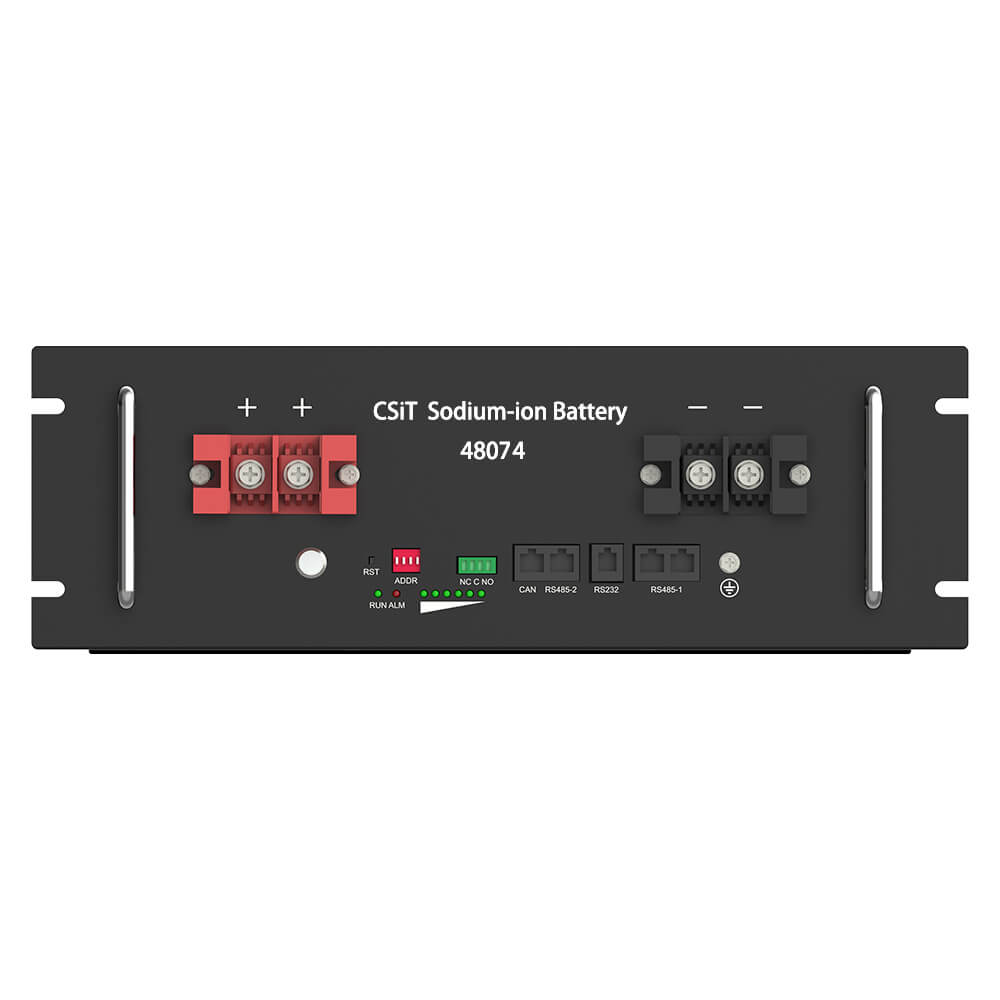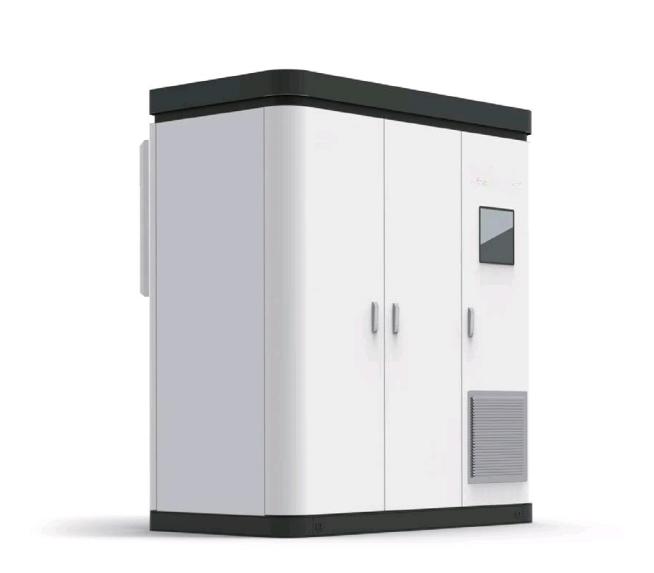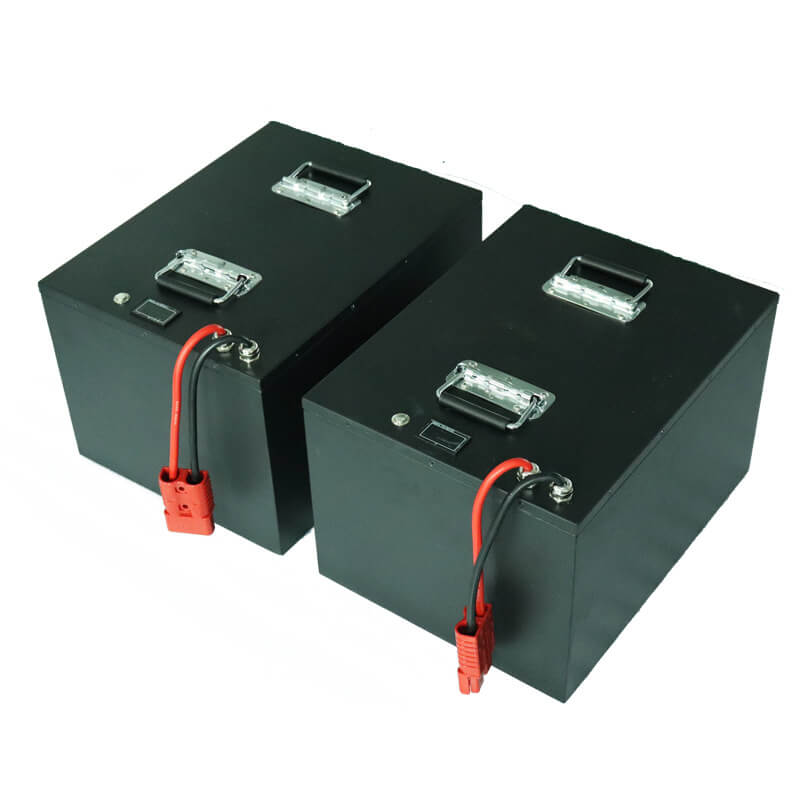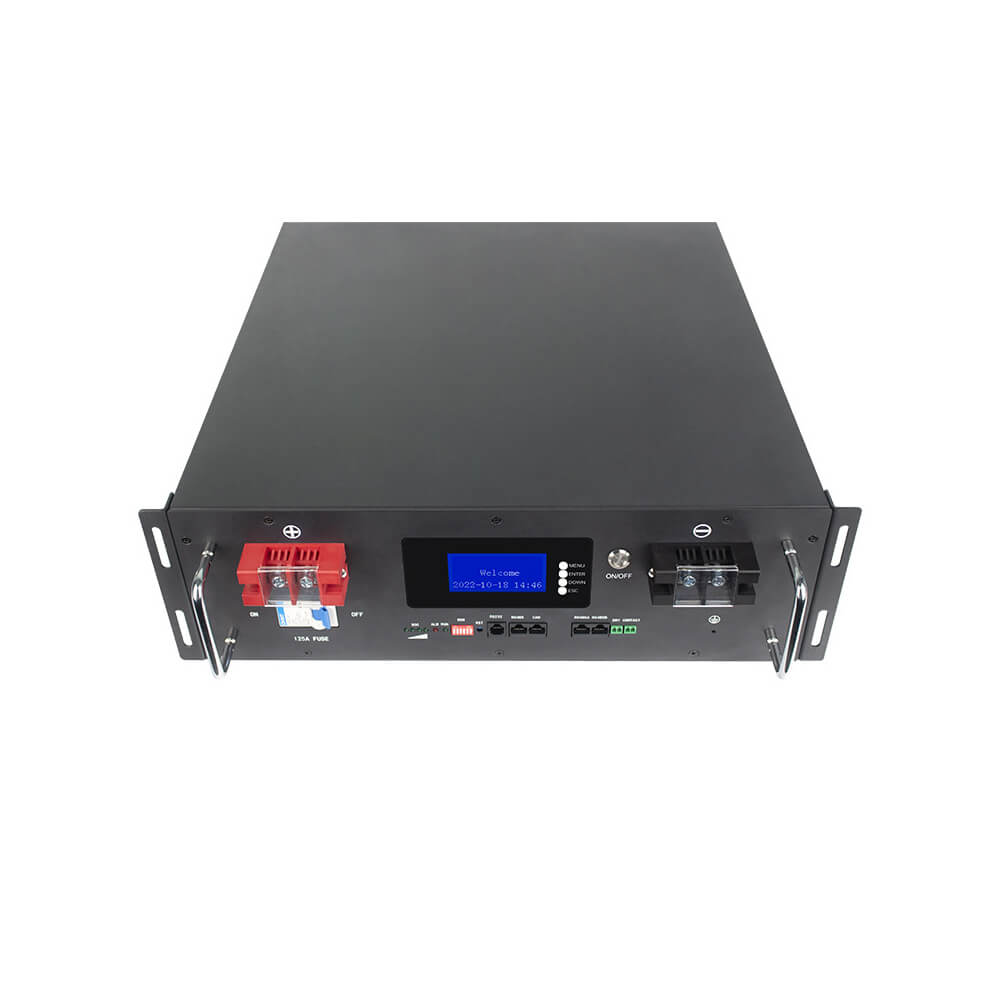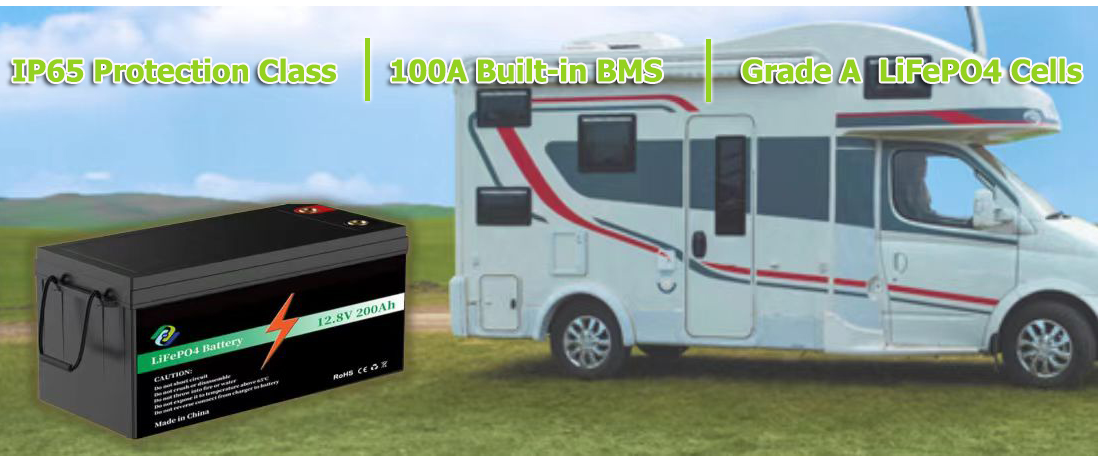How to choose lithium batteries for your RV camping?
Many of you consider these questions when choosing a battery for your RV:
1. which battery is best for my RV? Traditional lead-acid batteries, or lithium batteries?
2. Can your lithium batteries solve my RV's power problem?
3. What kind of lithium battery and what capacity can meet my RV's daily power consumption?
Let's talk about RV lithium batteries.
There are a variety of ways to keep your RV powered when it's off the grid; batteries, solar and generators are widely used. However, using a heavy-duty generator outdoors is noisy and not portable, so most RVers prefer the “lithium battery + inverter + solar panel” solution.
What is the optimal capacity for RV lithium batteries?
It depends on the total power of the RV. RVs usually have electric cookers, water heaters, lights, TVs, audio equipment, etc. Some RVs also have built-in air conditioners. Some RVs also have built-in air conditioning. 400Ah is recommended for caravans without air-conditioning, and 600-800Ah is required for caravans with air-conditioning (not less than 400Ah). The above battery capacity is based on 12V lithium battery pack.
Why more and more people recommend lithium batteries for RV?
(1) More usable capacity
Unlike lead-acid batteries that rarely discharge more than 50% of their capacity, lithium batteries can be regularly discharged at 80% or more of their rated capacity.
For example, a 100Ah battery - with a lead-acid battery you can only get 30~50Ah out of it, but with a lithium battery you can use 80Ah or more. It's about twice as much as an equivalent rated lithium battery pack just like with AGM batteries.
(2)Long cycle life
1. Lithium batteries cost about three times as much as AGM batteries, but their longer life makes them worthwhile. Lithium batteries can be recharged up to 5,000 times and retain 80% of their original capacity, whereas the best deep-cycle AGM batteries typically only cycle 500-1,000 times.
(3) High Current Output
Lithium batteries can be discharged at high current rates without losing Ah capacity, while lead acid can be reduced to 40% of its Ah rating at high discharge rates. This means that lithium battery packs are much better at powering high current loads such as microwave ovens or air conditioners.
(4) Fast Charging
Lithium batteries can be charged to full capacity quickly because they can reach 0.5C compared to 0.2C for lead acid. and the absorption mode is at the end of the charge instead of the typical 80% for lead acid. This greatly reduces charging time.
How do you know if you have a good lithium battery?
Lithium batteries are easily judged by their electrical density and weight. A lighter battery means it has a huge electrical density. The heavier the battery, the worse it is. It could be a used battery, or it could be an inferior battery itself.
A good quality lithium iron phosphate battery on the market today should be around 260, the CSIT Lithium Iron Phosphate 12.8v 200Ah lifepo4 battery is 2560Wh, a popular brand and good choice for many RV customers since 2024.
Precautions:
(1) When the battery is not used for a long time, be sure to turn off all power in the RV and check if the battery still has discharge current! If you don't turn off all electrical appliances, the battery will be drained even if the power is small. Although the battery has a built-in intelligent BMS for over-discharge protection, zero power for a long period of time will seriously affect battery life.
Before parking and sealing the box, double check that the power is off and charge the battery every three months.
(2) Battery storage:
The environment in which lithium batteries are stored should be dry. Do not allow the battery to be placed in places where water may leak, such as the ground, etc., so as to avoid short-circuiting of the battery caused by water leakage from heating and rain windows.
Batteries should be kept away from combustible, flammable and explosive items, and new and old batteries should be stored separately. Batteries should be stored with Class D fire extinguishers and breathing apparatus.
(3) Do not use high-power appliances at the same time:
Designed for most RV power systems 3000W, it can withstand the operation of high-power appliances such as air conditioners, induction cookers, etc. However, in order to protect the power system, attention should be paid to the power limitations when using it, so as not to turn on the air conditioner and use high-power appliances at the same time, such as an induction cooker or hairdryer. Excessive current may cause protection of the caravan power system, resulting in power failure.

 简体中文
简体中文 Russian
Russian French
French German
German Japanese
Japanese Korean
Korean Arabic
Arabic Spanish
Spanish